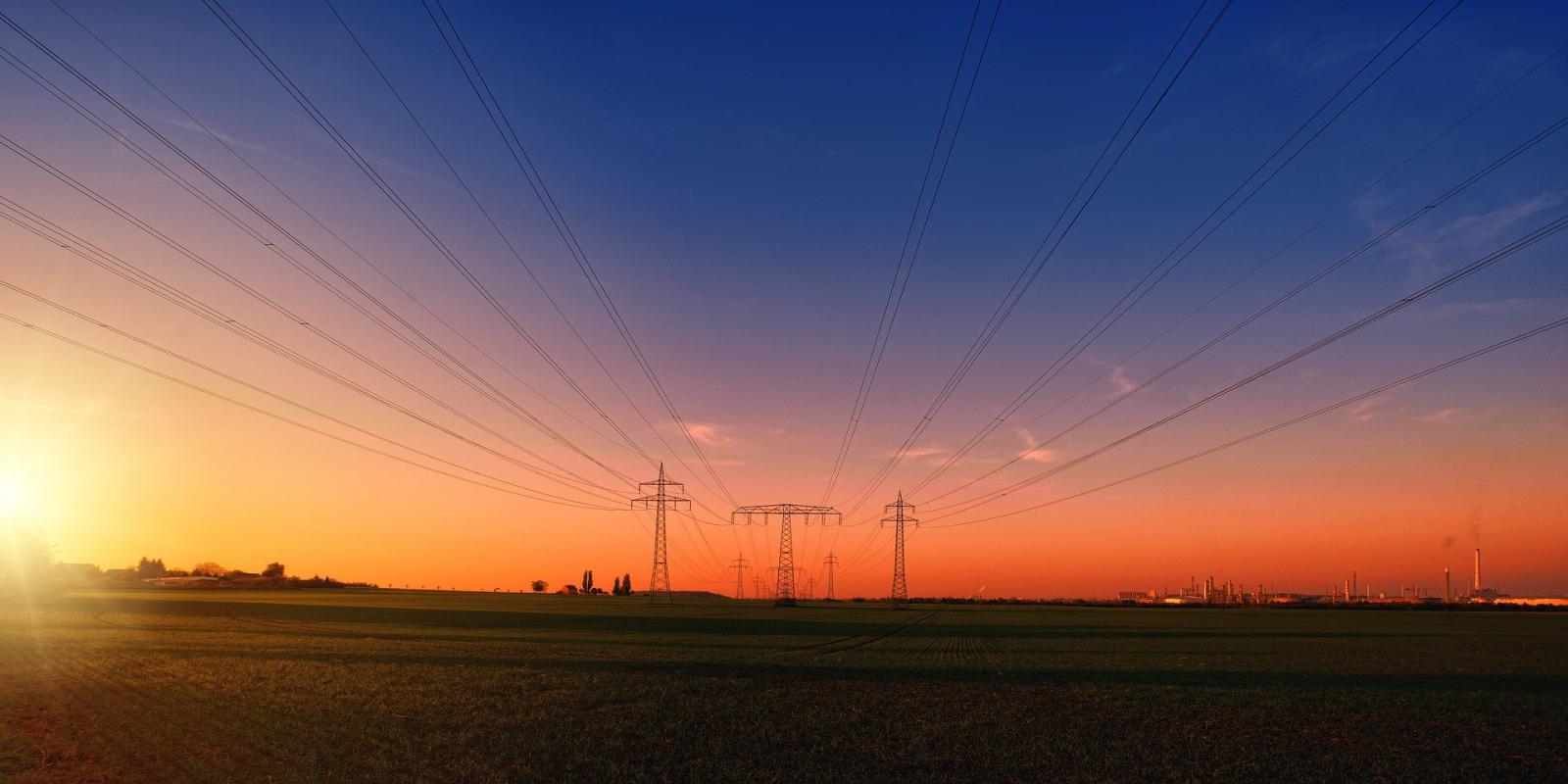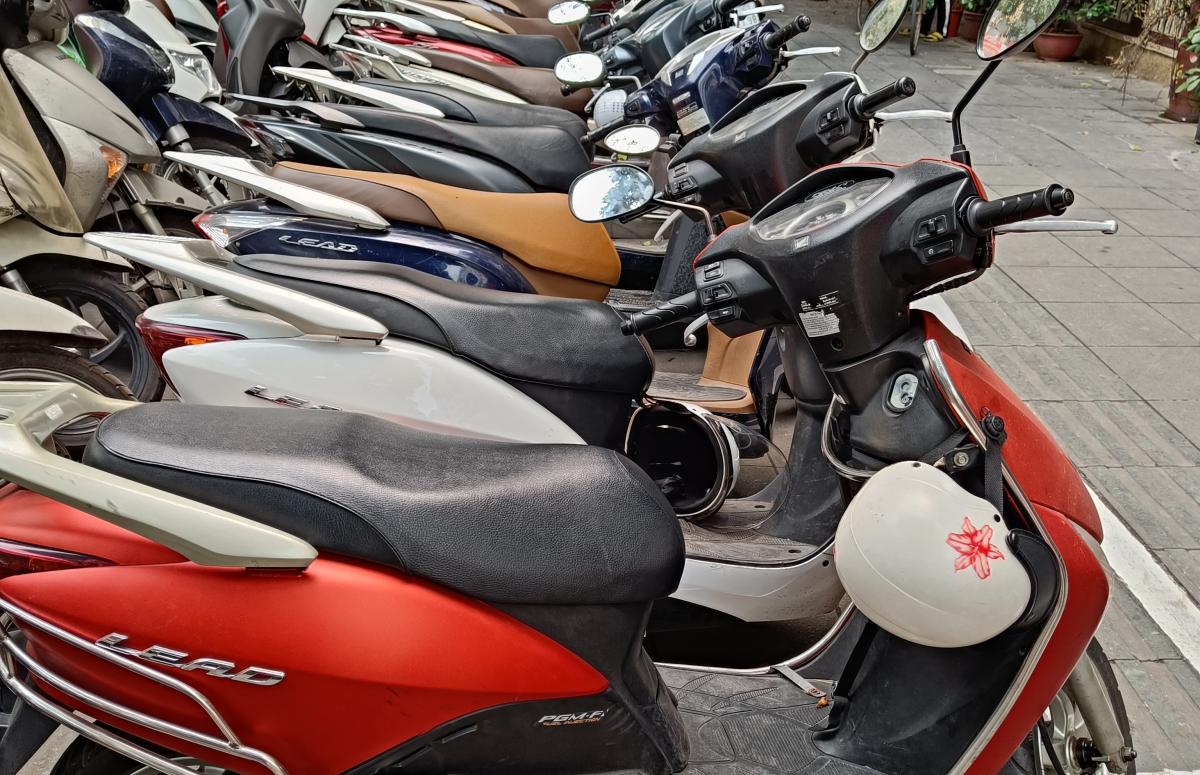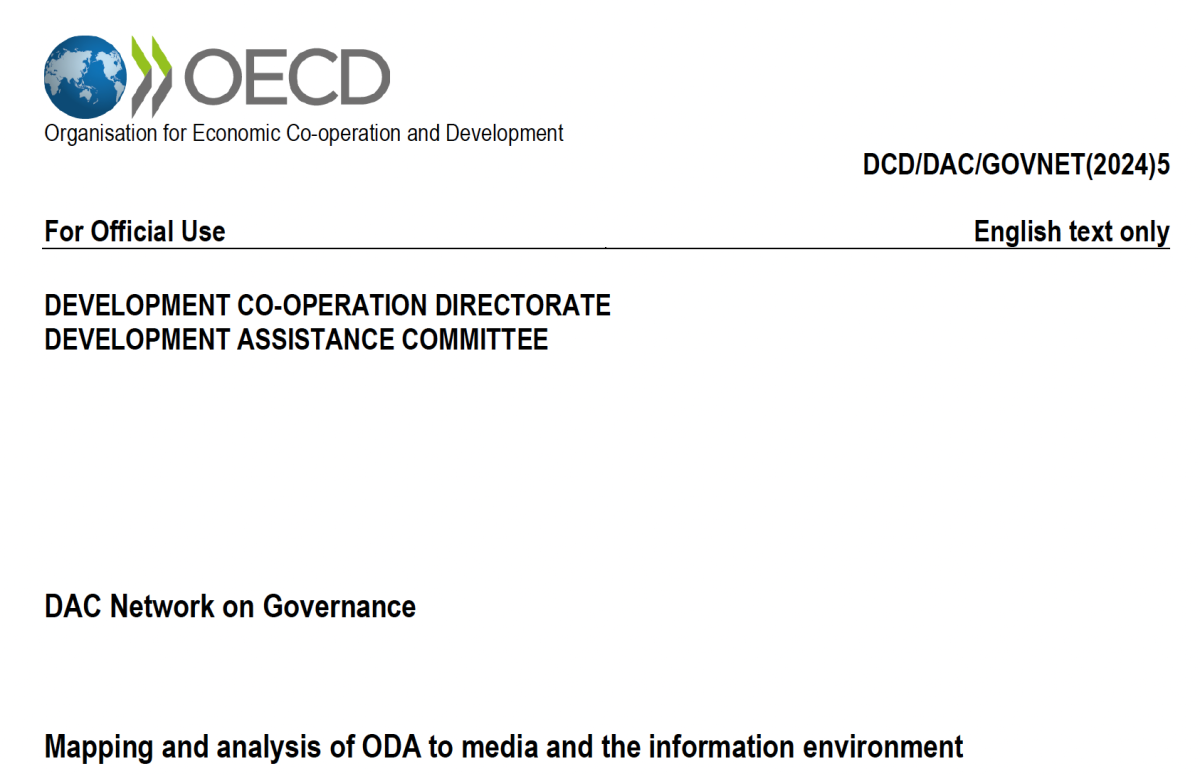
Power shift: politics and the energy transition in emerging markets. Webinar from TPP and Chemonics
On 2 December 2021, Chemonics, in partnership with The Policy Practice, organised a webinar entitled “Power shift: politics and the energy transition in emerging markets.”
This webinar brought together leading thinkers on the political economy of the energy transition to discuss the factors that slow down, but also those that might speed up the energy transition. Experts from South Africa, Sri Lanka and Lebanon shared their knowledge about how the political economy context affected the nature and speed of transition and the implications for the implementation of programs.
The Policy Practice Director, Dr. Neil McCulloch, introduced a framework for analysing the political economy challenges of the energy transition. His presentation pointed out that the energy transition will happen quite differently in different countries because of their different endowments, geography, demographics and institutions – it is important not to assume that ‘one size fits all’. Analysing the ideas, interests and influence of all the key actors can help to understand why the transition happens in the way it does.
Political economy analysis for climate action - new course launched starting October 2024
The Policy Practice is delighted to be re-running the popular online course on Political Economy Analysis for Climate Action. This course explains how political economy analysis can be used to understand the challenge of action on climate change and to design more effective interventions. The course will consist of eight, 2-hour online sessions from 4 October to 12 November 2024. For more information and to register please click below or see our flyer here.
The political economy of energy transitions in Ghana, Zambia and Vietnam - Policy Brief 17
Written by Sam Bickersteth with Neil McCulloch and Meron Tesfamichael, this policy brief draws out some of the common constraints hindering the energy transition in Ghana, Zambia, and Vietnam and many other countries in the Global South. It also shows how political economy analysis can help to identify politically feasible pathways of change in each country demonstrating the importance of such analysis as an essential tool to understand energy transition.
Media support: aid funding does not match donor rhetoric
Laure-Hélène Piron (TPP Director) presented her analysis of official development assistance to media and the information environment to the Governance Network of the OECD Development Assistance Committee on 6 March 2024.
The draft report shows that the rhetoric of governments which support freedom of expression and condemn disinformation is not matched by sufficient funding. And too little directly goes to local media organisations.



